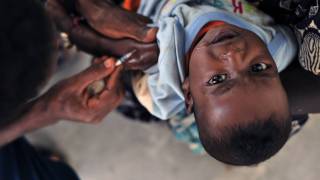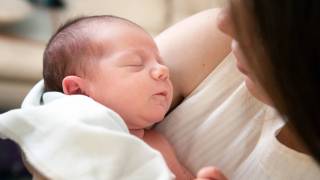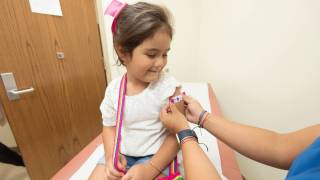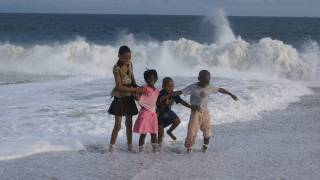San Francisco Bay Area Reported Measles Cases Related to International Travel
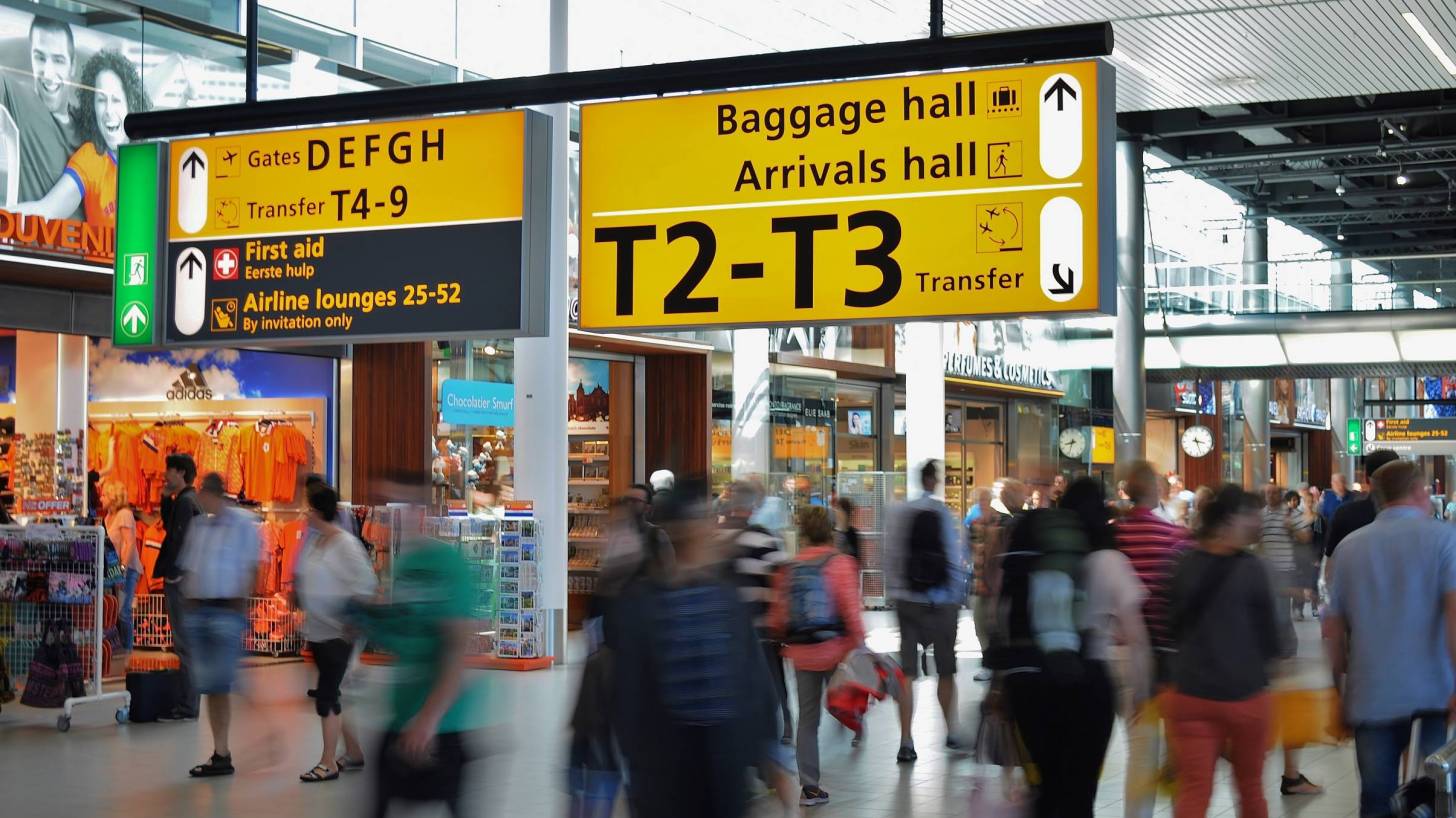
A European traveler brought measles back to Santa Clara and Alameda reports the San Francisco Department of Public Health (SFDPH).
Between 3/5/18 and 4/3/18, six (6) measles has been confirmed in unvaccinated patients.
These SF Bay Area cases are linked to an unvaccinated traveler who was exposed to measles while visiting Europe and began having symptoms after returning to the San Francisco Bay area.
Additionally, one (1) measles case has been confirmed in Nevada, reported the Washoe County Health District (WCHD). This University of Nevada, Reno student was vaccinated and about 200 students on campus have medical or religious waivers for required vaccinations. WCHD has not reported a measles case since 1999.
“Whether your summer vacation plans include domestic or international travel, infectious diseases like measles are probably not on the list of things you want to encounter while traveling. Although highly contagious and able to cause serious complications, measles can be easily prevented with the MMR or ProQuad vaccine,” said Natasha Gildersleeve, PharmD MTM Clinical Pharmacist at Brookshire Grocery Company.
“Talk to your pharmacist or your doctor to make sure that you and your family are protected against measles and other preventable diseases before you travel,” recommends Gildersleeve.
***Schedule your travel consultation today***
With over 3 billion airline passengers annually, the risk of in-flight transmission of infectious diseases is an important health concern. During 2017, Europe reported a 300 percent increase in measles cases.
According to the Communicable Disease Threat Report, the highest number of measles cases in the EU since January 2018 were in Greece (1,008), Romania (757), France (429) and Italy (164).
This is important since measles was declared eliminated from the Americas in 2016 by the World Health Organization (WHO).
In the United States, most of the measles cases result from international travelers. They spread measles to others, which can cause outbreaks, reports the CDC.
During 2018, there have been several measles alerts issued in the USA related to international travel:
In response, the US Centers for Disease Control and Prevention (CDC) have issued measles Travel Alerts for various countries.
Anyone who is not protected against measles is at risk of getting infected when they travel internationally.
The SFDPH is urging clinicians to be vigilant in identifying suspected measles cases and ensuring that their patients and staff are current with the Measles, Mumps, and Rubella (MMR) immunization.
Also, the department advised clinicians to prepare their facility for the possibility of measles cases and to ask patients to call ahead if they have fever and rash.
Measles is very infectious, and airborne transmission can occur in settings with large numbers of people like healthcare facilities, schools, child care, shopping centers, public transportation, airports, and amusement parks, says the CDC.
Measles is one of the most contagious diseases and affects primarily children. It is transmitted by airborne droplets or via direct contact with secretions from the nose, mouth, and throat of infected individuals.
Measles can cause serious complications including blindness, encephalitis, severe diarrhea, ear infections, and pneumonia, particularly in children with nutritional problems and in immunocompromised patients.
In the USA, two measles vaccines are available, MMR-II and ProQuad.
The CDC Vaccine Price List provides the private sector vaccine prices for general information, and vaccine discounts can be found here.
Most pediatricians and pharmacies offer the measles vaccines.
Vaccines, like any medicine, can have side effects, says the CDC. You are encouraged to report negative side effects of vaccines to the FDA or CDC.
Our Trust Standards: Medical Advisory Committee








